To see magnificent Wumeng Mountain through 9 pictures
Source: InKunming | 2024-05-30 | Editor:Lexi
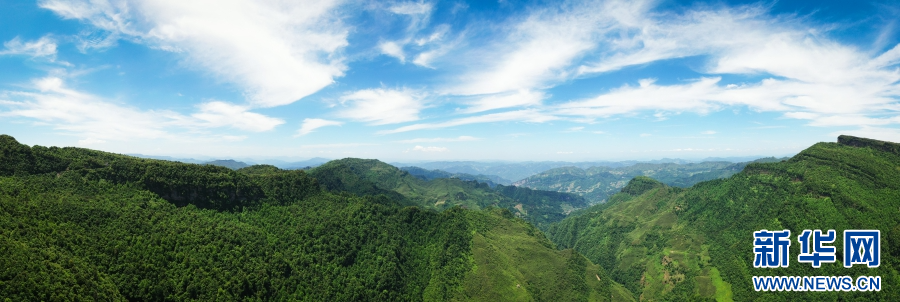
Panaranic view of Chaotianma Area. (Xinhua/Zuo Binhong)
Nestled amidst Zhaotong City of Yunnan Province lies a dazzling green gem—Yunnan Wumeng Mountain National Nature Reserve. Covering an area of over 26,000 hectares, the reserve consists of three relatively independent areas: Sanjiangkou, Haiziping, and Chaotianma, home to countless rare and endangered flora and fauna.
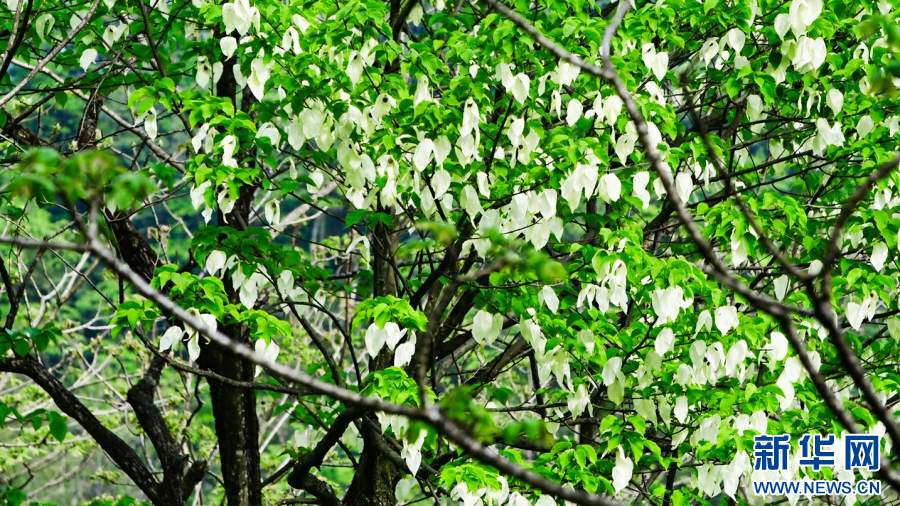
Chinese dove tree. (Xinhua/Ma Xu)
Entering Wument Mountain feels like stepping into a vibrant natural museum. Here, rare plants such as the Chinese dove tree, Tetracentron sinense, and Cercidiphyllum japonicum thrive in dense forests. Notably, the Chaotianma area, as the original habitat of high-quality gastrodia elata, boasts abundant gastrodia elata resources and nurtures numerous unique geographical landscapes.
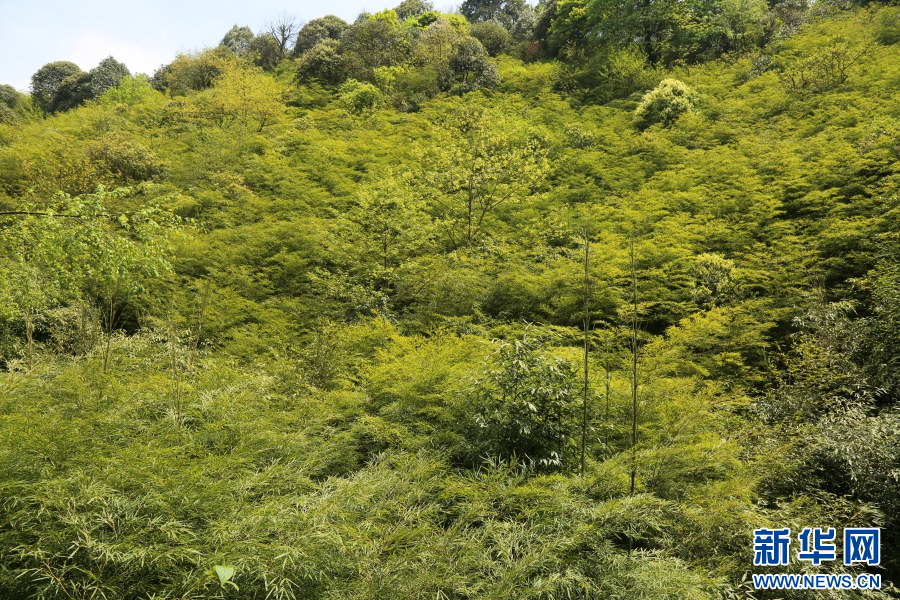
Aerial view of bamboo forests. (Xinhua/Zhou Xinghuan)
Sanjiangkou area is a sanctuary for rare forest communities. Forests of the Chinese dove trees, Tetracentron sinense, and Dipentodon sinicus, composed of rare tree species, flourish on this land. This area is also the origin, differentiation, and distribution center for the rare and protected bamboo species, Qiongzhu in China, contributing significantly to biodiversity conservation.
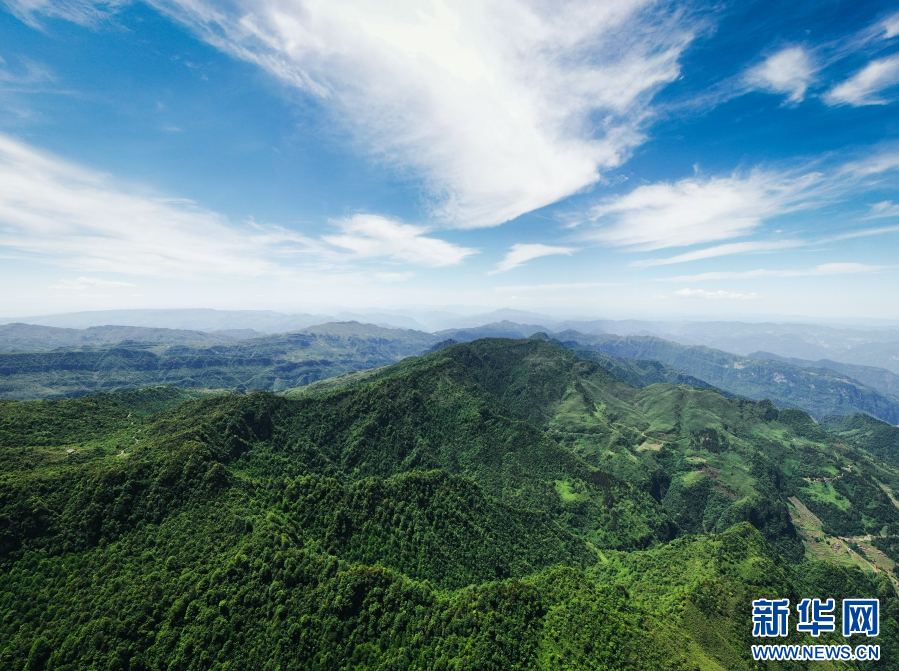
Aerial view of dense primary forests. (Xinhua/Zuo Binhong)
Haiziping is renowned for its natural Maozhu (Phyllostachys edulis) forests. As China's best-preserved and largest concentration of natural Maozhu forests, it provides an exceptional habitat for wildlife.
Yunnan Wumeng Mountain National Nature Reserve is not only a natural treasure trove but also a crucial barrier safeguarding the ecological security of the Wumeng Mountain area and the Yangtze River Basin. On this land, humans and nature coexist harmoniously, together writing a magnificent chapter of ecological civilization.
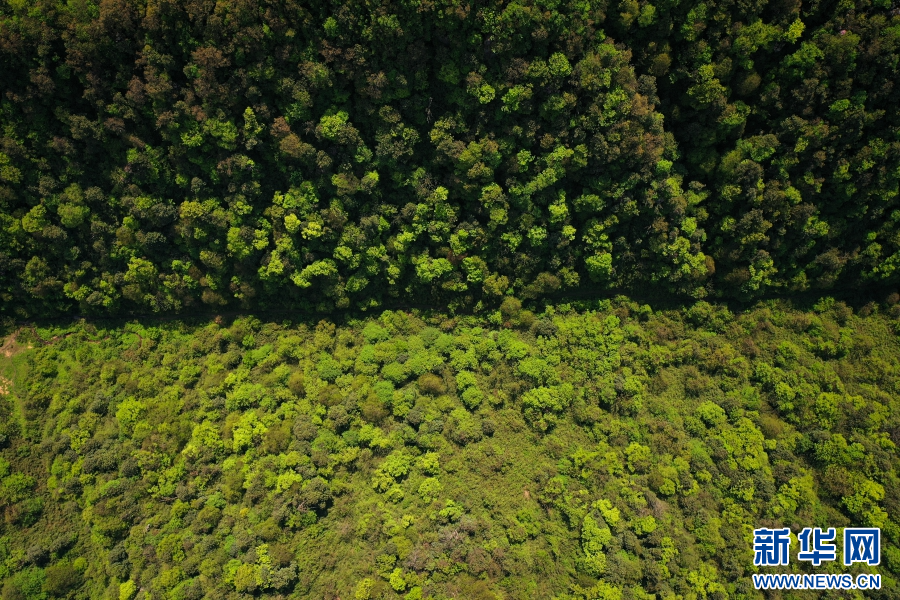
Aerial view of dense primary forests. (Xinhua/Zuo Binhong)
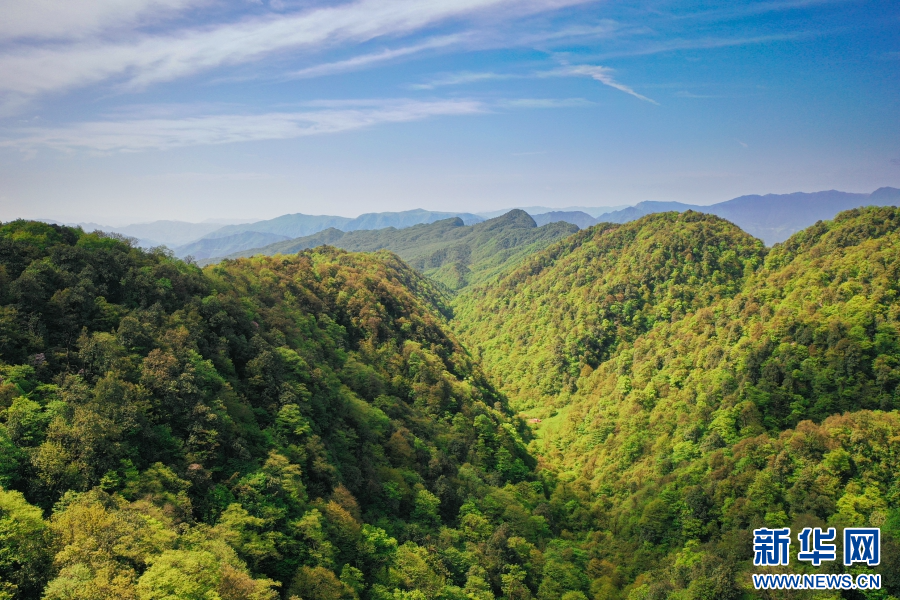
Aerial view of Sanjiangkou core area. (Xinhua/Zuo Binhong)
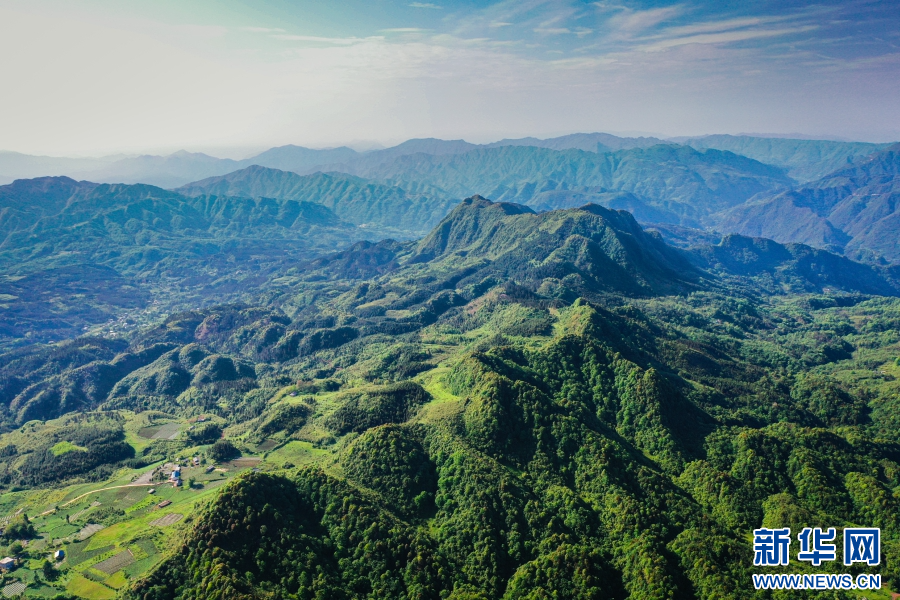
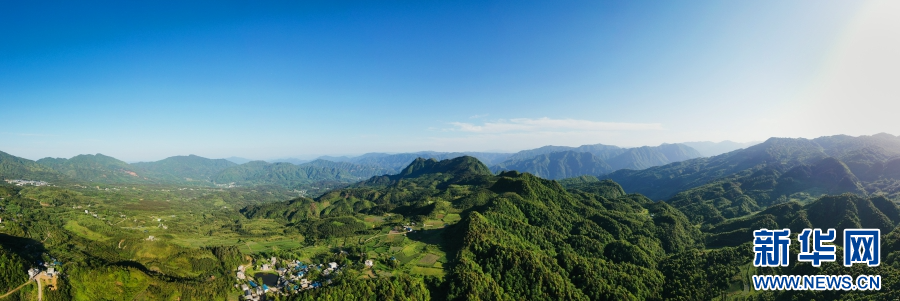
Panaranic view of Sanjiangkou Area. (Xinhua/Zuo Binhong)
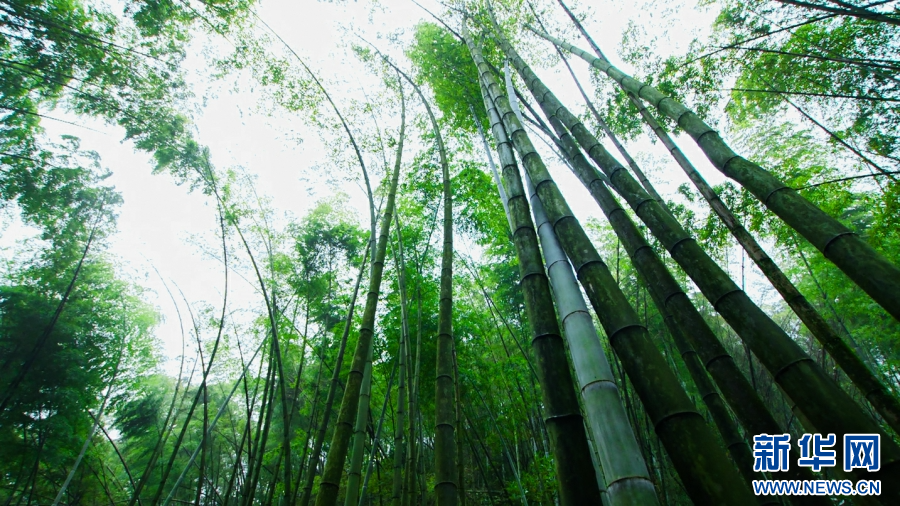
Wild Maozhu (Phyllostachys edulis) (Xinhua/Ma Xu)
Click here to view Chinese report
(Editors: Ines, Lexi)







